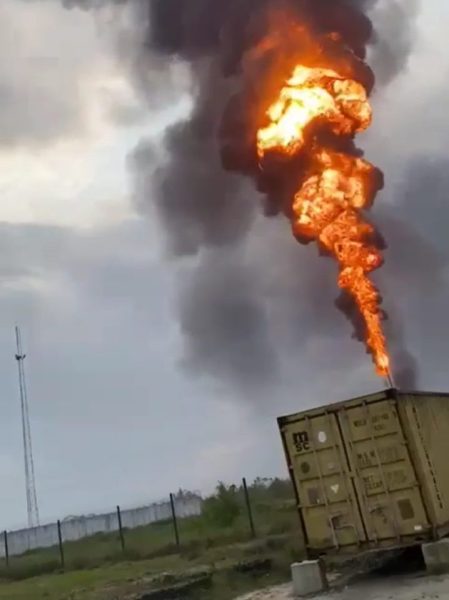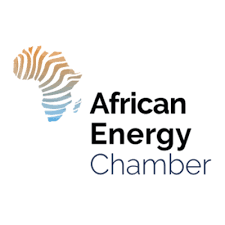
Yemie ADEOYE
PRESIDENT Goodluck Jonathan has announced that the 20 billion dollars Nigeria-Algeria gas pipeline project would now be completed by 2015, even as he also seeks tax regime on goods imported into Africa .
The President spoke while presenting Nigeria ’s debate on mobilizing resources for funding development projects in Africa using the Nigeria-Algeria trans-Saharan gas pipeline project as an example, during the 25th Summit of the Heads of State and Government Orientation Committee of the New Partnership for African Development (NEPAD).
The $20 billion trans-saharan project, when completed will transport about 30 billion cubic metres of natural gas from Warri through Niger Republic to Algeria .
The gas pipeline when completed will be operated by the Nigerian National Petroleum Corporation (NNPC) and Sonatrach of Algeria, both of which will hold 90 percent shares of the equities of the project, while the national oil company of Niger Republic will hold ten per cent equity.
“The objectives of the project are to diversify the export route of marketing Nigeria’s natural gas and engender closer cooperation and integration among countries in the pact so that Nigeria, Niger, Burkina Faso, Mali as well as Algeria, in line with NEPAD objectives, can create wealth and alleviate poverty by opening up economic growth opportunities in the sub-region and boost domestic gas supply in the continent,” the President explained.
“Nigeria will keep faith with the trans-saharan gas pipeline project. The PPP option is what Nigeria looks up to but it is not easy to mobilize funds as much as $20bn for instance for the gas pipeline project.
If the PPP option is exploited for most development projects in Africa , we will be able to achieve accelerated development and make concrete investment for our people.”
President Jonathan also emphasized the need for public-private partnership option as the best means of developmental initiative for Africa ’s economic growth and infrastructural development.
He advocated the establishment of a tax regime on goods imported into Africa, as a means for revenue generation.
This, the President argued will help the continent raise additional fund to finance its infrastructural projects.
The President also cited the ECOWAS five per cent tax regime on goods coming into ECOWAS countries from outside the sub-region, saying revenue generated from this policy has helped significantly to finance intervention projects within the sub-region.
The president therefore proposed that the African Union should set up a technical committee to place tax benchmarks on identified goods and raw materials that are imported into the African continent.
He said revenue generated from such policy will go a long way to complement funding of development projects under public private partnership initiatives.
“If at the level of the continent, we set up a technical committee to place tax on some of the goods and raw materials that come into the continent from other parts of the world; this will be a source of funding that could complement any
PPP arrangement, and finance critical social and health projects including the burden of HIV/AIDS and other related health challenges in the continent,” President Jonathan stated.
The President urged the members-states of the AU to redouble commitments to the vision of NEPAD which is ten years in existence so that at the silver jubilee and subsequent anniversaries, “we would have attained very concrete achievements in terms of African development,” he said.
Also contributing, President Jacob Zuma of South Africa noted that funding commitments by African leaders towards development projects should be backed by sufficient political will to see the projects to successful completion.
In his brief remarks, Chairperson of the African Union Commission, Mr. Jean Ping, urged member-states of the AU to live up to their funding commitments for NEPAD in order to realize the objectives of the initiative.
Follow us on twitter



